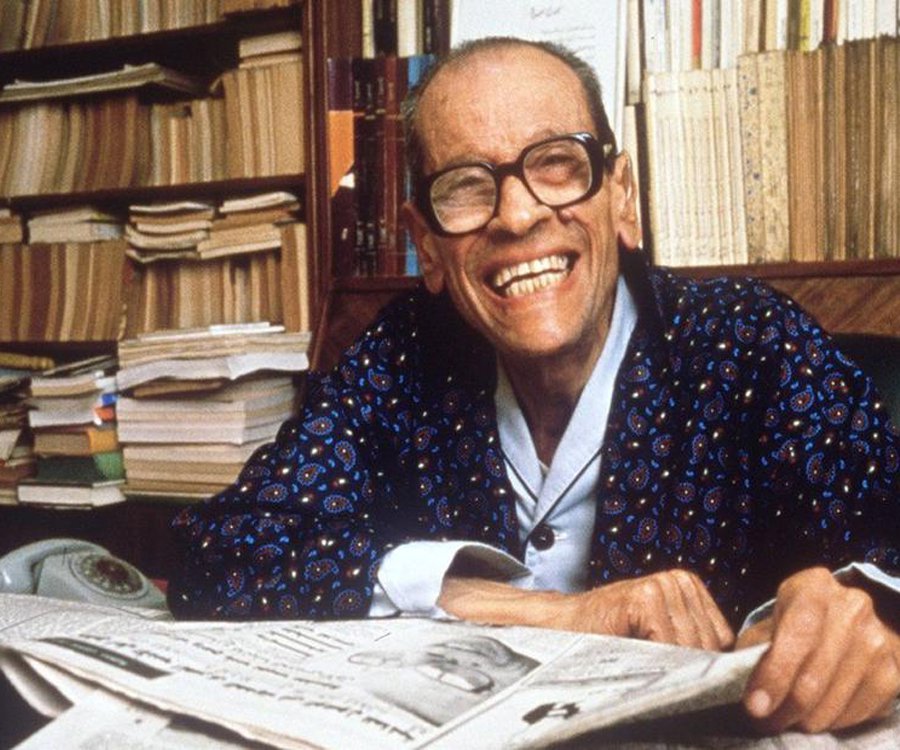Despite constant talk about a "movie industry crisis," in terms of gender, the reality is that Egyptian cinema today has 20 movies with female actress playing the lead role. A female actress playing the lead in a movie is nothing new; what is new however is the recent trend of starring roles going to women, following years of male domination of the Egyptian movie industry.
In an attempt to find the reasons behind this new trend, Al-Masry Al-Youm discussed the phenomenon with a number of filmmakers.
“There are several reasons behind the return of the female leading role. The main reason is the need for new stars and new topics, as well as the surfacing of a number of female issues that need to be addressed,” said Mohamed Yassin, a producer.
“The high budgets needed for movies with male lead characters meant other options were needed.”
He went on to say that the trend of having women in starring roles gives “balance in the film industry with respect to the theme, starring role, diversity and budget.”
“As far as my own personal experience goes, last year I produced the movie ‘All three are working her,’ starring Yasmin Abdel Aziz, and this year I produced the movie ‘Yearning,’ starring Ruby,” said Yassin. “However, I did not deliberately seek out an actress for the lead role–what matters most to me is the theme and script. All in all, I am in support of any trend that moviemakers follow so long as it benefits the movie industry."
Distributor and producer Mohamed Hassan Ramzi explained his view of the reasons behind the trend, saying, “There are themes that dictate the sex of the leading character and there is a need for both sexes in each movie. However, we as movie makers must put up with actors and actresses both wanting to star as the lead character.”
“The trend of male-dominated movies goes back to the fact that most movies are written for men, especially as movies with male lead characters are considered more profitable,” said Ramzi.
"However, Egyptian cinema has experienced periods during which actresses dominated the box-office, such as during the 1940s when Laila Murad played lead roles and male actors took secondary roles in her movies. She earned LE12,000 per film, which is equivalent to LE40 million today."
Ramzi went on to say that actresses also starred in many leading roles during the 1950s and 1960s, but during the 1970s, male actors dominated.
"Actresses came back strongly during the 1980s when Nadia al-Gindi was Adel Imam's biggest competition, followed by Nabila Ebeid, up until the year 2000."
According to Ramzi, "In the comedy and action genres men have always dominated. I believe that actresses have been able to return now to starring roles thanks to Yasmin Abdel Aziz, since she is the only actress of her generation whose films have succeeded in bringing in box-office profits similar to those for films starring males."
"Mona Zaki is one of the strongest actresses of her generation, but the problem is that she stars in tragic films," said Ramzi.
He added that no matter how competitive or artistically important films starring women may be to the film industry, it is still difficult for women to compete with male actors since movies written for women are limited, and actresses have failed in the action genre.
However, the return of actresses to starring roles is good from a production point of view, especially as actresses are only paid a quarter of the sums paid out to male actors—which benefits the producer, the film and the industry as a whole, according to Ramzi.
Producer Hisham Abdel Khalek agrees, saying it is in the best interest of the film industry to diversify through producing films starring women.
“Unfortunately, interest in women has decreased as writers write for men and producers prefer male actors in starring roles,” he said.
“This is especially true since all topics can be played by men, including violence, unemployment, injustice, evil, comedy and action, whereas women’s roles are limited.”
“There is a trend toward having women in starring roles, and in the end the theme is what controls the market and these days there are many topics relating to women.”
“In terms of distribution and revenue, I do not believe that movies starring women cause financial losses to producers since their production costs are less, compared with films starring men,” added Abdel Khalek.
Producer Mohamed Hafiz, who produced “Asmaa” starring Hind Sabri and “Like Today” starring Basma, said, "Egypt's female movie stars are capable of starring in big roles and, in general, women's cinema does not cause any losses, but revenues from such films are limited since audiences prefer films starring men.”
Producer Mohamed al-Sobkey said, “Abla Kamel starred in several movies and her films were very successful–so much so that producers and distributors ask for her by name. Yasmin Abdul Aziz, Mona Zaki, Mai Ezzeddine and Ghada Adel have also all earned a strong fan base and have made successful movies.”
“I personally believe in this trend and I will continue to support it as it benefits the film industry and deals with important social issues,” he added.
Translated from the Arabic Edition.




